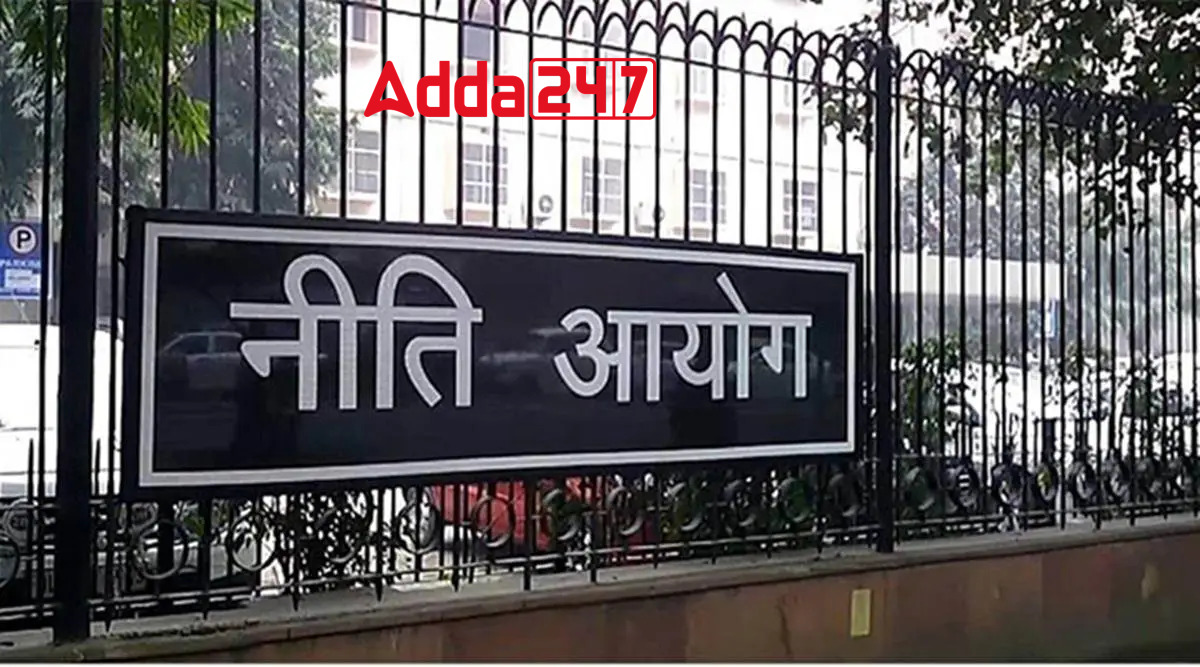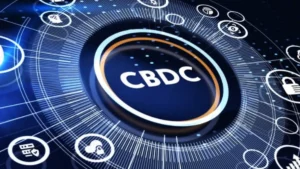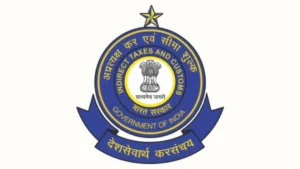The SDG India Index 2023-24 reveals significant national and subnational progress on Sustainable Development Goals (SDGs). India’s composite score improved to 71, reflecting advancements across key sectors like poverty eradication, economic growth, climate action, and biodiversity conservation.
State-wise Progress
- Front Runner States: 32 States and UTs achieved scores between 65 and 99, with notable improvements seen in Uttar Pradesh, Jammu & Kashmir, and West Bengal.
- New Entrants: Arunachal Pradesh, Assam, Chhattisgarh, and others join the Front Runner category due to substantial score increases.
Goal-wise Achievements
- Goal 13 (Climate Action): Score increased from 54 to 67, showcasing enhanced disaster preparedness and renewable energy adoption.
- Goal 1 (No Poverty): Improved from 60 to 72, driven by social welfare schemes like PMAY and Ayushman Bharat.
Key Interventions
- Initiatives such as PM Awas Yojana and Ujjwala Yojana contributed significantly to housing, sanitation, and clean energy goals.
- Increased financial inclusion and digital infrastructure development further supported economic growth and societal welfare.
Institutional Framework
NITI Aayog’s role in localizing SDGs and fostering competitive federalism has been pivotal, promoting sustainable development as integral to national and subnational policies.
Future Directions
The SDG India Index serves as a crucial tool for evaluating progress and guiding policy decisions towards achieving the 2030 Agenda. The focus remains on inclusive growth and environmental sustainability.
(Sustainable Development Goals) SDG’s Goal : Key points
Number of Goals
There are 17 Sustainable Development Goals (SDGs) established by the United Nations.
Members Involved
All 193 member states of the United Nations have committed to achieving these goals by 2030.
Purpose
The SDGs aim to address global challenges such as poverty, inequality, climate change, environmental degradation, peace, and justice.
Targets
Each goal has specific targets, totaling 169 targets across all SDGs, to guide national and global efforts towards sustainable development.
Adoption
The SDGs were adopted by all UN member states in 2015 as part of the 2030 Agenda for Sustainable Development.
Implementation
Countries are encouraged to localize and integrate the SDGs into national policies and programs, with regular monitoring and reporting on progress.
Global Impact
The SDGs provide a framework for global cooperation, encouraging collaboration among governments, businesses, civil society, and citizens to achieve a more sustainable and equitable world by 2030.




 Govt To Launch CBDC-Based Food Subsidy P...
Govt To Launch CBDC-Based Food Subsidy P...
 CBIC to Launch SWIFT 2.0, Revamped Atith...
CBIC to Launch SWIFT 2.0, Revamped Atith...
 NBEMS Sets Guinness World Record for AI ...
NBEMS Sets Guinness World Record for AI ...








